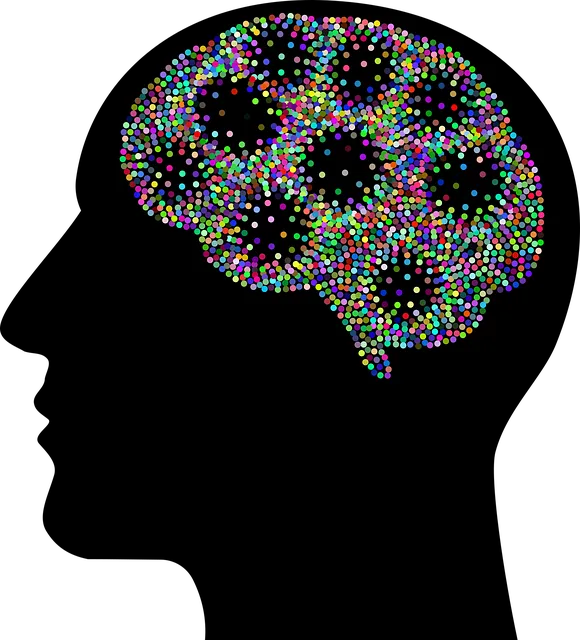Social Skills Training at Centennial Kaiser Permanente behavioral health services equips individuals with mental health conditions to navigate social situations effectively. Through structured programs, patients learn communication strategies, emotional regulation, and adaptive behaviors in supportive environments. Services include direct therapy, workshops, group sessions for self-care routine development, role-playing scenarios, group therapy, Mindfulness Meditation, and Stress Management techniques, ultimately fostering positive relationships, reducing isolation, and contributing to long-term well-being.
Social skills training is a vital tool for individuals managing mental health conditions, offering a unique approach to enhancing overall well-being. This article explores the significance of such programs, focusing on the expertise of Centennial Kaiser Permanente behavioral health services. We will delve into how their specialized strategies cater to diverse needs, ultimately empowering patients to navigate social interactions with confidence. From understanding the fundamentals to implementing effective techniques, this guide highlights the transformative power of social skills training in the hands of leading healthcare providers like Kaiser Permanente.
- Understanding the Importance of Social Skills Training
- The Role of Kaiser Permanente Behavioral Health Services in Social Skills Development
- Strategies and Techniques for Effective Social Skills Training
Understanding the Importance of Social Skills Training

Social Skills Training plays a pivotal role in managing mental health conditions, particularly at facilities like Centennial Kaiser Permanente behavioral health services. Understanding and honing interpersonal skills can significantly enhance one’s ability to navigate social situations, which is crucial for individuals dealing with anxiety, depression, or other common mental health challenges. These conditions often impact an individual’s capacity for social interaction, leading to feelings of isolation and exacerbating symptoms.
By participating in structured training programs, patients learn effective communication strategies, emotional regulation techniques, and adaptive behaviors that foster positive relationships. The goal is not just to prevent depression but also to build resilience through improved emotional intelligence, enabling individuals to better manage stressors and promote a sense of belonging. This proactive approach aligns with the broader mission of mental health services to empower individuals with the tools needed for long-term well-being.
The Role of Kaiser Permanente Behavioral Health Services in Social Skills Development

Centennial Kaiser Permanente behavioral health services play a pivotal role in empowering individuals with mental health conditions to enhance their social skills and overall well-being. Through comprehensive programs, they offer a supportive environment where patients can learn, practice, and master essential social interaction techniques. The services are designed to address the unique challenges faced by those navigating mental health journeys, focusing on building confidence and fostering meaningful connections.
In addition to direct therapy sessions, Kaiser Permanente behavioral health professionals facilitate workshops and groups centered around self-care routine development for better mental health. They also emphasize healthcare provider cultural competency training, ensuring staff are equipped to offer empathetic support tailored to diverse patient backgrounds. Coping skills development is another key aspect, providing individuals with tools to navigate stress, anxiety, and other symptoms effectively.
Strategies and Techniques for Effective Social Skills Training

Social Skills Training for Mental Health Conditions at Centennial Kaiser Permanente behavioral health services involves a multi-faceted approach. One key strategy is role-playing scenarios that allow individuals to practice and receive immediate feedback in realistic social situations. This hands-on method helps build confidence and enhances the understanding of appropriate responses. Additionally, group therapy sessions facilitate peer learning and provide a safe space for sharing experiences, fostering camaraderie, and reinforcing positive behaviors.
The integration of evidence-based techniques such as Mindfulness Meditation and Stress Management plays a crucial role in Social Skills Training. Mindfulness practices teach individuals to stay present during social interactions, reducing anxiety and improving emotional regulation. Stress management tools equip clients with coping mechanisms to navigate challenging social situations more effectively. By combining these strategies, Centennial Kaiser Permanente behavioral health services offers comprehensive support that empowers individuals to develop and maintain healthy social connections.
Social skills training plays a pivotal role in enhancing the lives of individuals with mental health conditions, fostering better connections and overall well-being. As recognized by Centennial Kaiser Permanente behavioral health services, these programs are instrumental in empowering individuals to navigate social interactions with confidence. By incorporating evidence-based strategies and techniques, as outlined in this article, healthcare providers can significantly improve outcomes for those seeking support. Through dedicated efforts, such as those offered by Kaiser’s behavioral health services, social skills training becomes a powerful tool to transform lives, enabling individuals to thrive in their personal and professional spheres.

